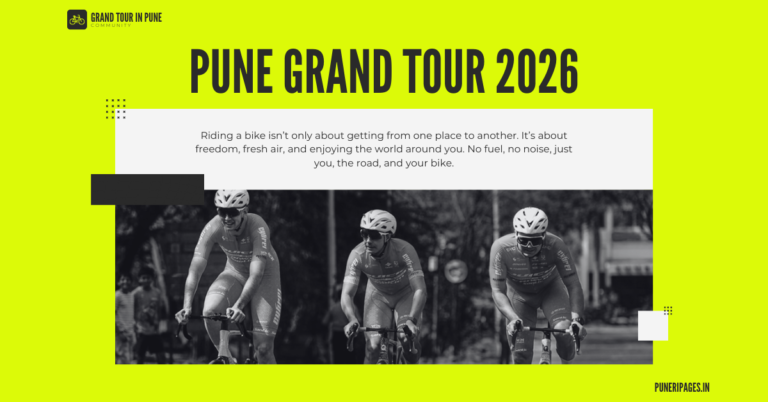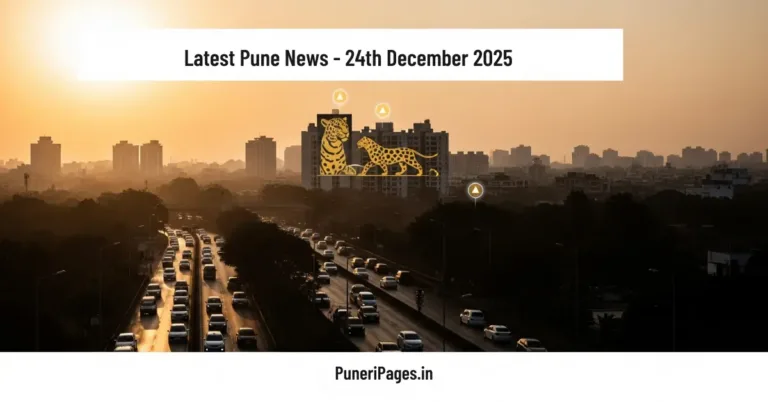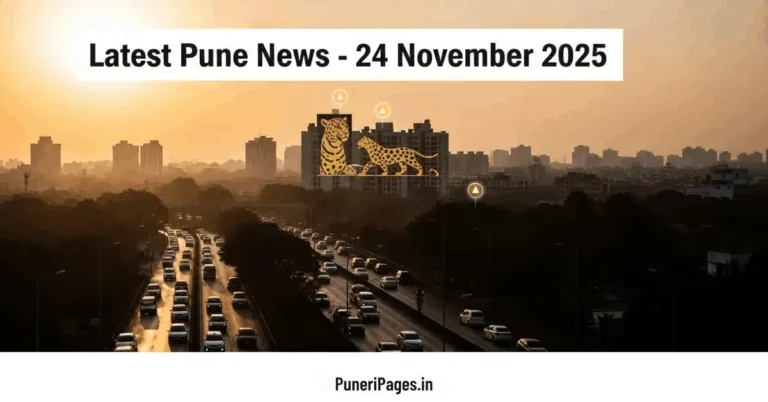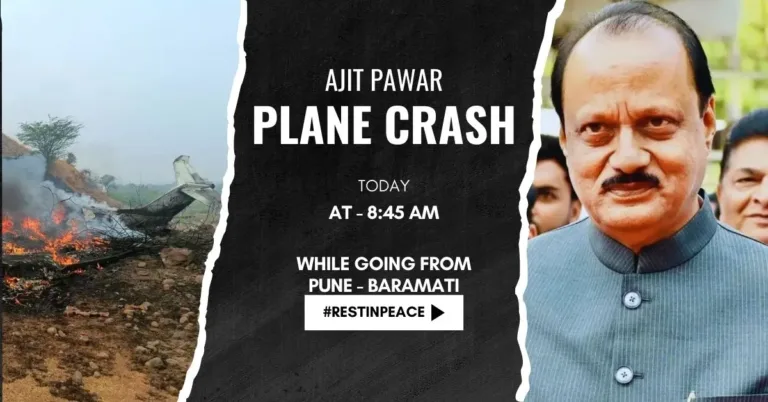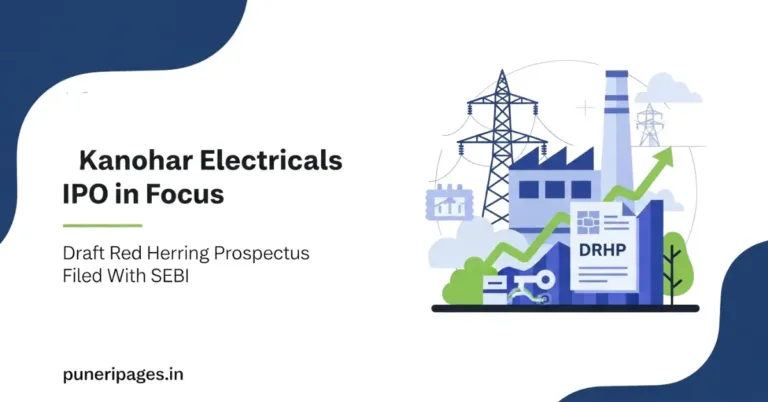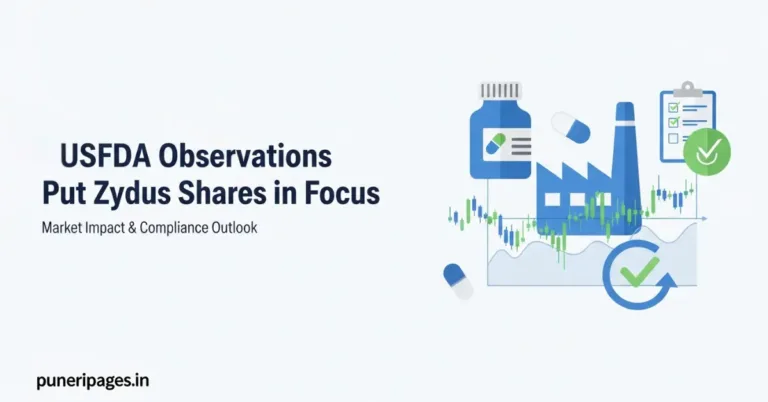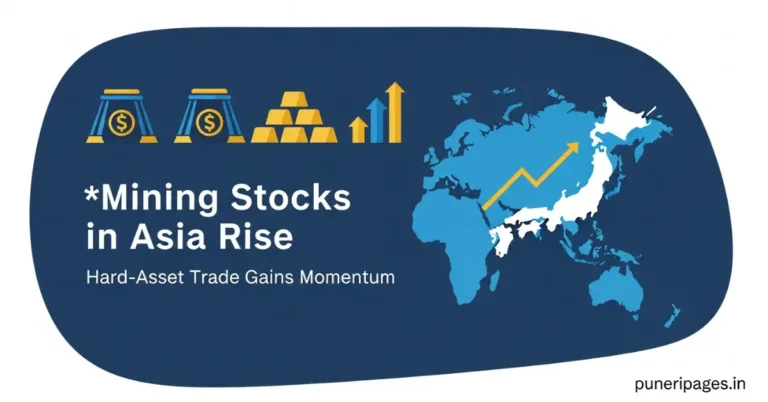
"Hinjawadi's traffic mess under the scanner—residents and police launch survey to address key chokepoints, powered by CM's push."
By Prashant for PuneriPages.in
If you live in Pune and use autos or cabs regularly, chances are you’ve already felt the heat. The roads seem quieter, but not in a good way. Auto-rickshaw drivers, kaali-peeli taxi guys, and even many Ola-Uber drivers have gone on an indefinite strike, and it’s not just a tantrum. It’s the outcome of a long-standing conflict boiling over.
As someone who uses public transport almost daily, this strike hit close to home. But I wanted to understand the real story. Not just the headlines, but what’s happening behind the scenes. And let me tell you, it’s a tangled web of fairness, technology, survival, and policy failure.
Table of Contents
So, Why Exactly Are They on Strike?
This isn’t about asking for more money randomly. The main demand is for “One City, One Fare.”
They want the Maharashtra government to bring Ola, Uber, and other app-based cabs under the same fare meter system as regular autos and kaali-peeli taxis. The unions say these apps are undercutting prices unfairly and then charging ridiculous surge prices during busy hours. In short: app-based cabs are eating into traditional drivers’ earnings and creating an unfair playing field.
The Three Sides You Need to Know
Let me break it down for you. There are three main players in this story, and each has its own struggles.
1. The Traditional Auto & Taxi Driver
These are the folks we see every day, navigating Pune’s chaos, most of them owning their own vehicles. Their income depends on metered fares regulated by the government. But with fuel prices rising, maintenance costs climbing, and fewer customers (thanks to apps), they feel cornered.
“We can’t compete with Rs 39 Ola rides when our fuel itself costs more than that,” said one driver I spoke to at the Nal Stop stand.
2. The App-Based Driver (Ola/Uber)
You might think they’re better off. But most of them are in the same boat. Many were attracted by early incentives but now face 20–30% cuts from the platforms, no job security, and insane targets. They hustle long hours just to break even.
“After fuel, EMI, and Ola’s commission, what do I take home? Nothing!” said an Uber driver I met in Baner.
3. The Aggregators (Ola, Uber, etc.)
These are the tech giants who claim they’re just “platforms” connecting supply and demand. Their fare model is dynamic, adjusting prices based on real-time demand and supply. This system benefits them and often the passengers (until surge hits!). But they argue that if they’re forced to follow fixed meter fares, the entire model will collapse.
How This Affects You (And Me)
If you’re reading this from a PMPML bus stuck in traffic or waiting for a cab that never shows up, you already know the impact.
- Huge shortage of autos and app-based cabs
- Crazy surge pricing if any cab is even available
- Overloaded buses and Pune Metro struggling to pick up the slack
And let’s be honest—those of us with fixed timings or elderly family members depending on transport are the ones feeling the pinch hardest.
Is There a Way Out?
Well, it depends on the government now. Here are some possible solutions being floated:
- Setting a Floor Price: So that Ola/Uber can’t offer unsustainably low fares
- Surge Cap: To prevent 3x-4x pricing during peak hours
- Regulating Commissions: To make sure drivers aren’t getting squeezed from both ends
- Unified Urban Transport Act: So whether you’re in an auto or app-based cab, you’re protected under one system
What This Strike Really Represents
This isn’t just about fares or apps. It’s about a system in crisis. A system where:
- Drivers don’t feel protected
- Passengers don’t feel fairly charged
- And technology is being allowed to disrupt without responsibility
The government can’t keep delaying this. If they do, we’ll keep ending up in the same cycle—strikes, confusion, chaos.
Final Thoughts: Let’s Not Be Silent Spectators
Whether you’re a student rushing to class, a working professional getting to meetings, or someone just trying to get their sick parent to the doctor—transport matters. Fairness matters. And we, as citizens, need to stay informed and involved.
Let’s not wait till the next strike to start asking questions.
